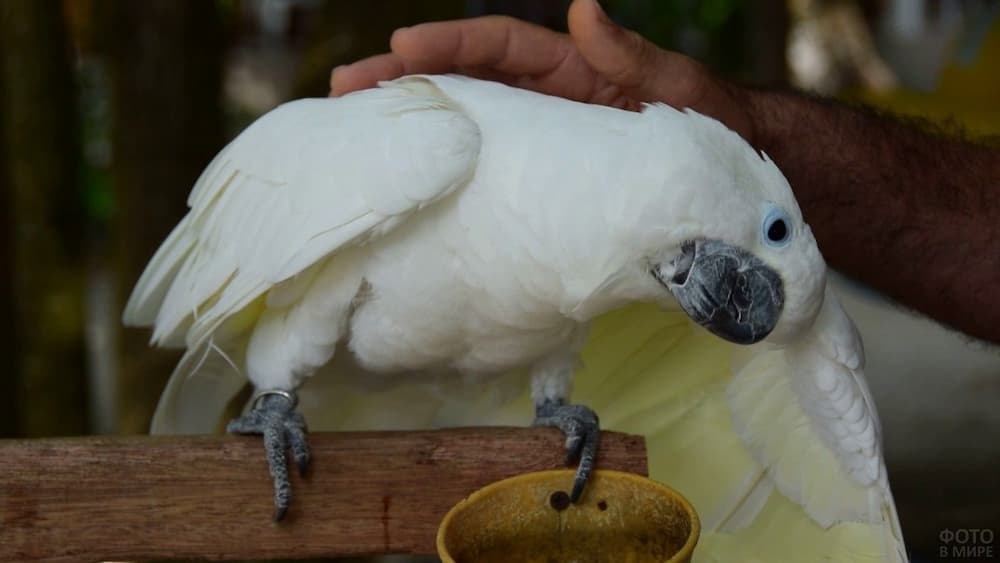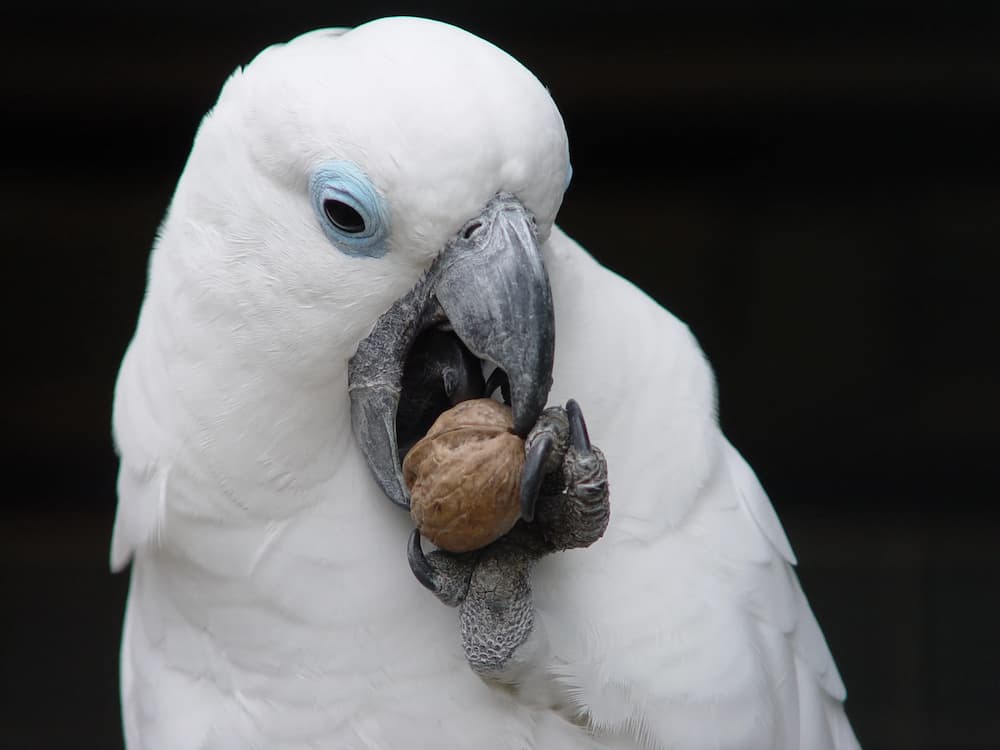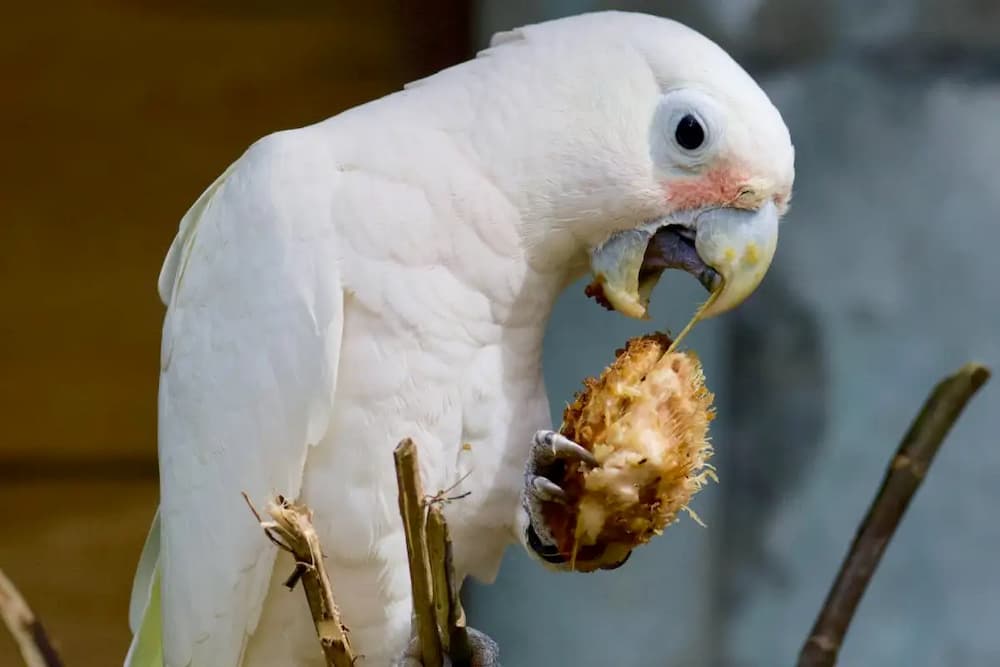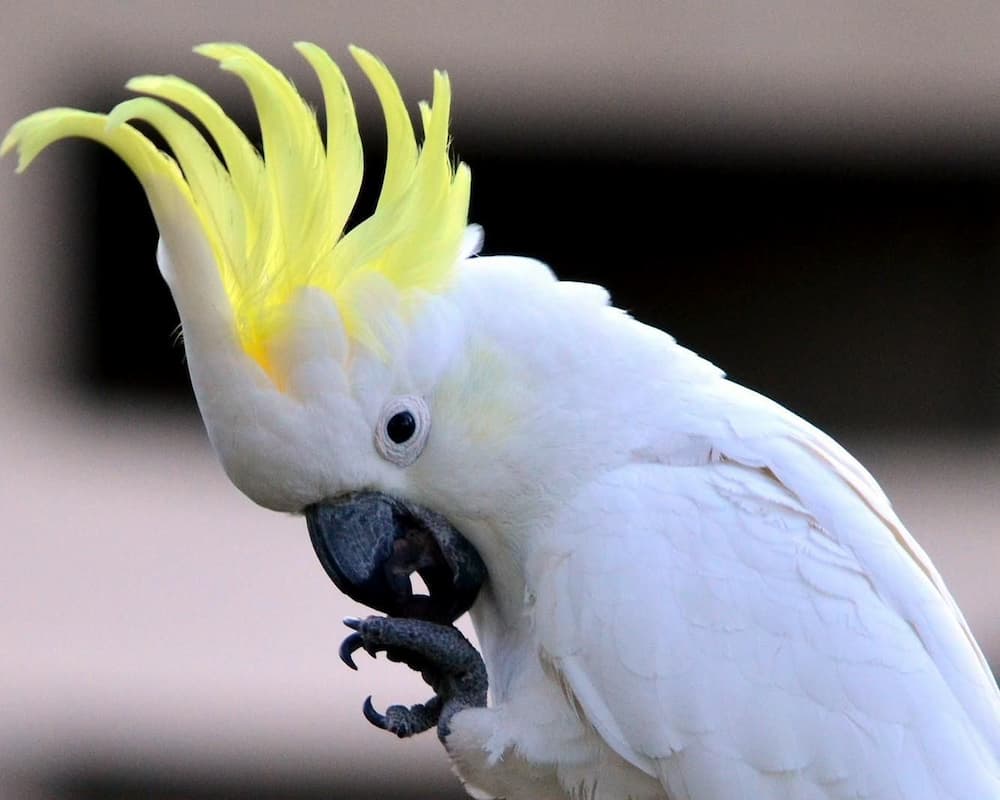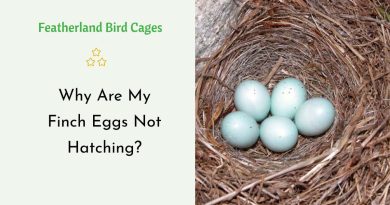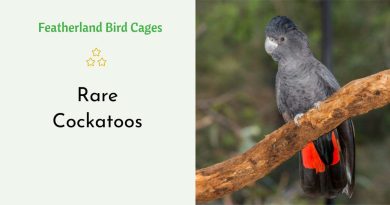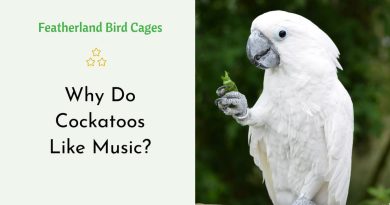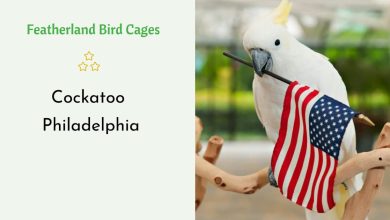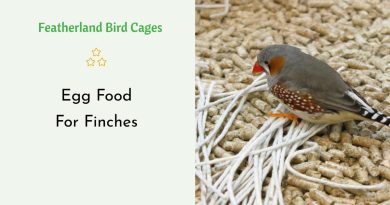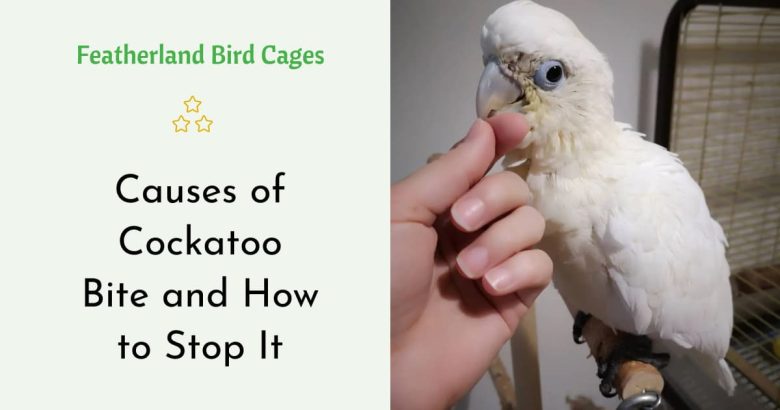
Cockatoos make great pets but they also have a tendency to bite. This biting behavior can lead to severe injuries. You should know the causes of cockatoo bite and how to stop them.
Generally, cockatoos can’t bite an adult finger off but they can cause a bad crushing injury and nerve damage. This article will discuss why cockatoos bite, how hard they can bite and what signs to look out for.
Causes
Cockatoos have significant bite force and can break bones with their beaks. Usually, the teeth cause only minor injuries and do not require stitches. However, if the wound is infected or deep, medical attention should be sought.
Generally, cockatoos become aggressive when they are not socialized enough or when their caretakers irritate them. The birds also tend to bite if they are not getting the desired food or are not allowed outside of their cages.
It is important to know when your cockatoo is about to show aggression, as it can help prevent biting. You should watch for fluffed feathers and pinned eyes (eyes that dilate and constrict rapidly). You may also notice them scratching their heads or shaking their bodies.
If you see these signs, step back and don’t go near the cage. Instead, try to build a positive relationship with them by talking and spending time with them. This will reduce their stress levels and prevent them from becoming aggressive.
Symptoms
Cockatoos are prone to bite due to overstimulation. This is why it is important to know their body language and avoid handling them when they are excited or agitated. You will notice this behavior by fluffed feathers and pinning eyes (eyes that dilate and constrict rapidly).
Injuries from cockatoo bites are not always serious. However, it is important to get any wound that draws blood washed and put some antibacterial ointment. Larger parrots may even case fractured fingers. If you have a wound from a bigger bird, it is necessary to go to the doctor as soon as possible and see if stitches are required.
Parrots can carry clamydophilia psittaci bacteria in their saliva. If this bacteria gets transmitted into a bite wound, it can cause significant illness called parrot fever or psittacosis. It is very important to keep your cockatoo away from other parrots during breeding season in order to prevent hormonal biting. It is also advisable to avoid handling your bird during this period as it can be territorial of its cage and his favorite person.
Treatment
Domestic parrots don’t carry rabies, so there is no need to quarantine the bird after a bite. But the wound should be thoroughly washed, splinted and antibiotics administered. Follow-up lab work should be conducted to evaluate the blood for systemic infection.
The best treatment is to prevent the bird from biting in the first place. This can be accomplished through socialization and training. It is also important to note any changes in the environment or lifestyle that may trigger aggressive behavior. It is also recommended that owners keep a diary to help determine the cause of biting behavior.
Hormonal changes often contribute to biting. It is best to avoid handling your pet during this time as much as possible. However, this is not always practical. A good way to control hormonal biting is by identifying the moment it begins, and by backing away from the cage as soon as you see this behavior. This will help the bird to calm down.
Prevention
Cockatoos tend to bite their owners and other family members when they are overexcited. This is called “overload behavior.” Knowing your bird’s body language and avoiding handling her when she’s excited will help to prevent biting. A cockatoo that is about to bite will usually have fluffed feathers and will pin her eyes (eyes that rapidly dilate and constrict).
It is very important to keep your cockatoo on a high quality diet, including commercially formulated, nutritionally balanced pellets and fresh vegetables and fruits. It is also a good idea to give your cockatoo plenty of exercise to reduce boredom and aggression, which can lead to bite attacks.
Keep in mind that cockatoos have major jaw strength and can easily cause serious injury. It’s best to err on the side of caution and have any bite wound ointment-ed as soon as possible to minimize risk of infection and nerve damage. Always get your injured cockatoo checked by a vet.

